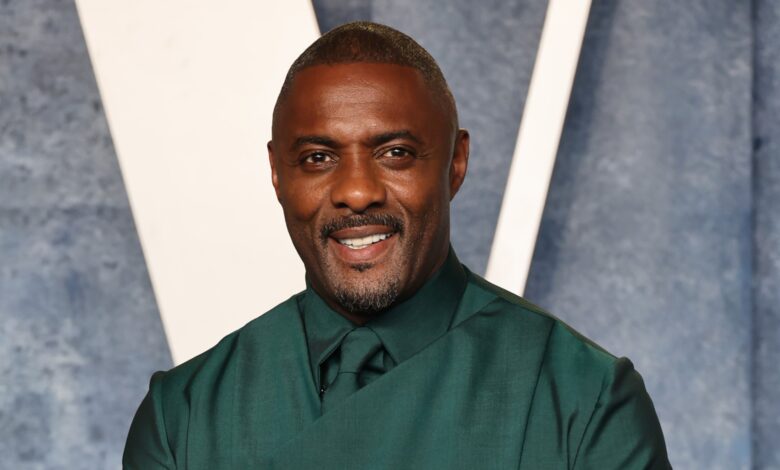
The renowned British actor of Ghanaian descent, Idris Elba has recently made waves by announcing his intention to relocate to Africa in the next decade.
The 52-year-old star, known for his roles in The Wire and Luther, is passionate about supporting the continent’s burgeoning movie industry and has revealed plans to build film studios in Zanzibar and Accra, Ghana.
Born in London to a Ghanaian mother and a Sierra Leonean father, Elba has deep-rooted connections to Africa and is committed to leveraging his influence to uplift the African film industry. During an industry meeting in Accra, he expressed his strong desire to immerse himself in the continent’s rich storytelling culture, stating, “I would certainly consider settling down here; not even consider, it’s going to happen.”
Elba further elaborated that within the next five to 10 years, he envisions living in various African cities, including Accra, Freetown, and Zanzibar, with the goal of contributing to the authentic portrayal of African stories.
As someone who portrayed Nelson Mandela in the film Long Walk to Freedom (2013), Elba firmly believes that Africans should take the lead in the filmmaking process, from production to distribution. He envisions a future where global audiences develop a more nuanced understanding of Africa, focusing on its rich culture, traditions, and languages, rather than solely its historical traumas of slavery and colonization.
While acknowledging the thriving nature of Nollywood in Nigeria, Elba also highlighted the need for better infrastructure within Africa’s film industry. A 2022 Unesco report underscored gaps in training, film institutions, and resources, all of which Elba hopes to address through his studios and initiatives.
Ultimately, Elba’s goal is to create a space where Africans can authentically own and tell their stories, ultimately inspiring global recognition of the continent’s diverse and rich narratives.
“We have to invest in our storytelling, because when you see me, you see a little version of yourself, and that encourages us,” he emphasized, underscoring the importance of representation in African cinema.
Story by Obaapa Janee
